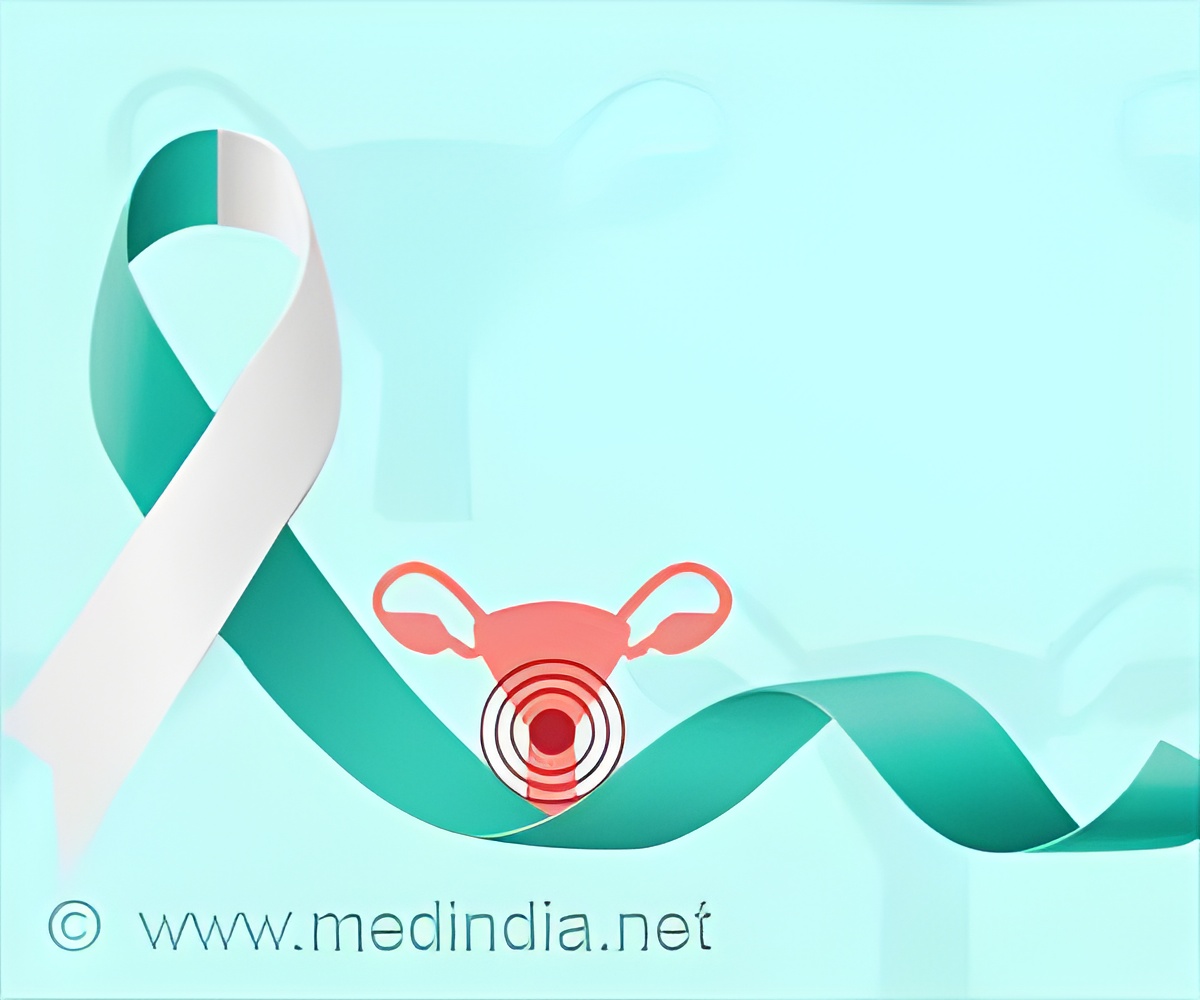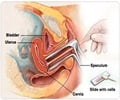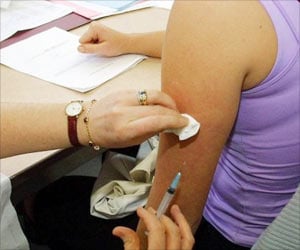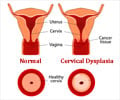Older women are at a higher risk of dying from cervical cancer. However, timely diagnosis can significantly reduce the risk of dying from cervical cancer.

‘Older women are at a higher risk of dying from cervical cancer. However, timely diagnosis can significantly reduce the risk of dying from cervical cancer.’
Read More..




"Cervical cancer has become known as 'a young women's disease.' But it's a myth that it only affects young people. In fact, the mortality rate among women above the age of 65 is 25-30 percent higher than previously thought," says the medical doctor and postdoc Anne Hammer from the Department of Clinical Medicine, Aarhus University and Aarhus University Hospital.Read More..
She is behind the new study which has just been published in the scientific journal Acta Obstetricia et Gynecologica Scandinavia. The researchers looked at cervical cancer mortality rates in Denmark between 2002-2015 and found that the over 65s stood out here. For example, the mortality rate was five times higher among woman aged 75-79 compared to those aged 40-45.
Advanced Cancer
The research results support a study from November 2018 in which Anne Hammer and her research colleagues found that older women were very often diagnosed so late that the cancer was already too big to be surgically removed. In such cases patients are instead treated with radiotherapy and chemotherapy - a treatment that is associated with side effects such as pain and urination and defecation discomfort.
More than half of the older women with cervical cancer who had followed the screening programme on a regular basis until it expired are diagnosed with cancer that is so advanced that surgery is no longer possible.
Advertisement
Older Women Should also be Screened
Advertisement
"The negative test does not guarantee that someone won't get the disease after the screening ends, because the HPV virus which is the cause of cancer can lie dormant in the body," says Anne Hammer. She also points out that there will very likely be fewer young women with cervical cancer in 5-10 years' time due to the HPV vaccine.
"But it will take many years before we see an effect among older women. When the society you live in has such a high incidence of advanced cervical cancer among older women with such a high mortality rate, then it is important to explore which interventions should be initiated to reverse this trend," says Anne Hammer, before adding that as long as the screening programme is not extended, the only thing to do is to keep a close eye on symptoms such as bleeding and altered discharge.
Source-Eurekalert















